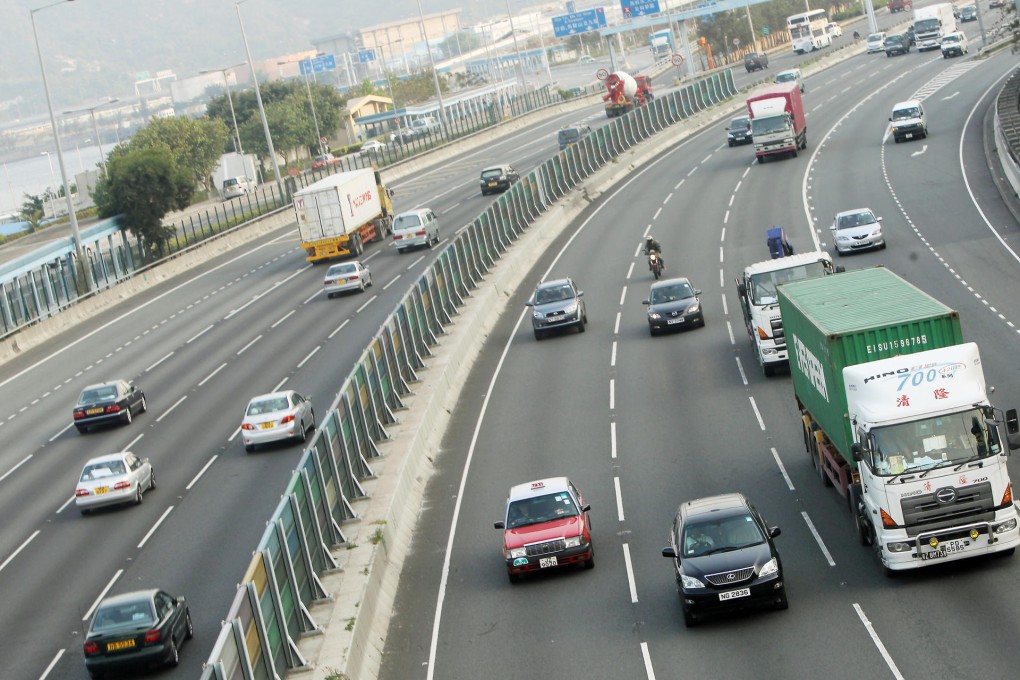Letters to the Editor, April 27, 2013
I write to echo the views of Paul M. F. Cheng ("We badly need anti-monopoly legislation", April 24). He is right to lament that Hong Kong has never had a level playing field. Like the colonial regime, the SAR government continues to promote policies that have enabled a few families to control the livelihood of the majority, from real estate and electricity to telecommunications and food supplies.

I write to echo the views of Paul M. F. Cheng ("We badly need anti-monopoly legislation", April 24).
He is right to lament that Hong Kong has never had a level playing field. Like the colonial regime, the SAR government continues to promote policies that have enabled a few families to control the livelihood of the majority, from real estate and electricity to telecommunications and food supplies.
Mr Cheng said the growing number of demonstrations seemed to indicate a more unhappy and unstable society, which is marked by a widening wealth gap. The ongoing dock strike, he rightly said, could be the tip of an iceberg.
Your columnist Alex Lo also commented on the strike ("Strikers right to put tycoon in the dock", April 24). I agree with his criticism of Canning Fok Kin-ning, boss of Hutchison Whampoa - parent company of port operator Hongkong International Terminals - for comparing the strike to the Cultural Revolution. Fok's remark was ridiculous and demeans the great historical tragedy of the Chinese people. I agree with Lo the striking workers have legitimate grievances.
They wanted to expose their appalling working conditions and demand higher wages in the absence of legal protection that would allow for collective bargaining. As Lo said, HIT has enormous clout over subcontractors who are nominally the dockers' employers.
I urge Li Ka-shing and his son Victor to intervene. They should find an honest broker to work out a deal acceptable to both sides.